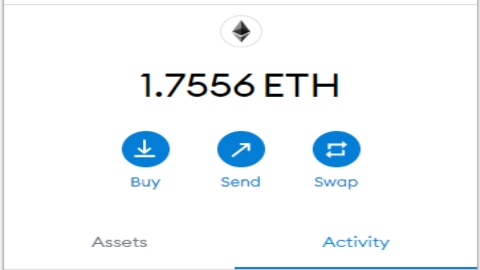The National Assembly of Panama has been the epicenter of the debates around the regulation of bitcoin (BTC) and other digital assets, from 2021 to date.
After several debates over two bills that seek to legalize cryptocurrencies in the Central American country, the Commerce and Economic Affairs Commission of the Parliament, resumed this February 22 the studies around combine or not two legislative proposals that are on the tablethen move the discussion to the plenary session of the National Assembly.
“A subcommittee was created in order to unify the criteria of Bill 696, which regulates the use of cryptocurrencies as payment methods and everything related to blockchain in Panama and 697, Crypto Law: which makes Panama compatible with the digital economy”, reported on Twitter the Panamanian Assembly.
Proposals with different approaches
Although both legislative proposals address the regulation of bitcoin and other cryptocurrencies, they have different approaches.
The project of law 696 was proposed by Deputy Cenobia Vargas in August 2021. It recommends regulating not only bitcoin, but also ether (ETH), Ethereum’s native cryptocurrency, the stablecoin Tether (USDT). Likewise, to different types of tokens, such as non-fungible (NFT) and even the controversial 7even Utility Token (7UT).

Vargas recommends the use, as a means of payment, of 7UT in shops in Panama. However, that activated the alarms of the Digital Camera and Blockchain of the Central American country. From the organization they warned that there is a potential risk of fraud with 7UT, as reported by CriptoNoticias, since it was discovered that this token is linked to former promoters of the OneCoin scheme, classified as Ponzi.
On the other hand, there is the project of law 697presented by the independent congressman Gabriel Silva in September 2021. The 33-page text speaks only about legalize bitcoin and ether.
Although it also proposes to attract investors and entrepreneurs who focus on the digital economy.
Steps for approval or rejection of laws
Within the Trade and Economic Affairs Commission, two options are currently being discussed: the combination of both laws or the election of one of them to be brought up for debate in the National Assembly.
every member of parliament is defending their respective bills and answering questions from Committee members. Then, he will make his decision (combine or choose only one of the proposals).
Subsequently, a second discussion of the law would take place in Parliament and there it must be approved to advance in its vote. If a positive result is obtained, it will be up to the president of Panama to approve it or reject it.
